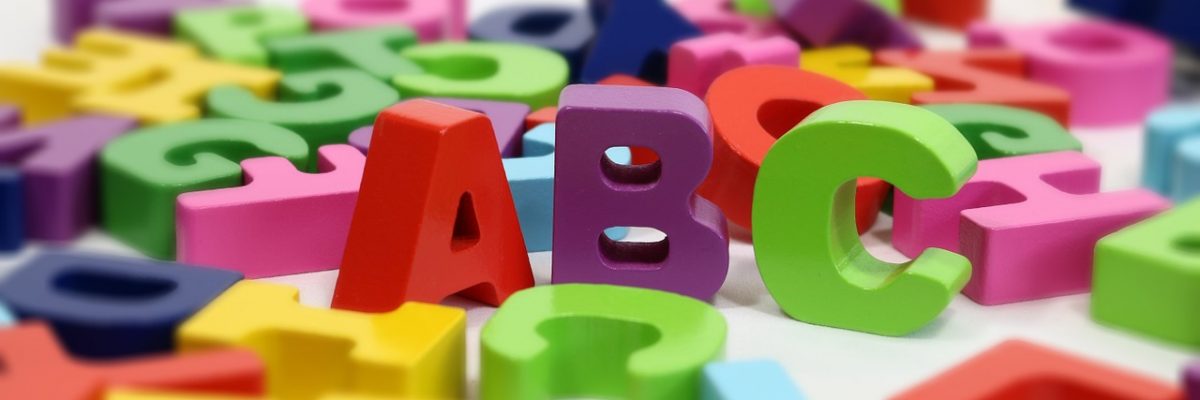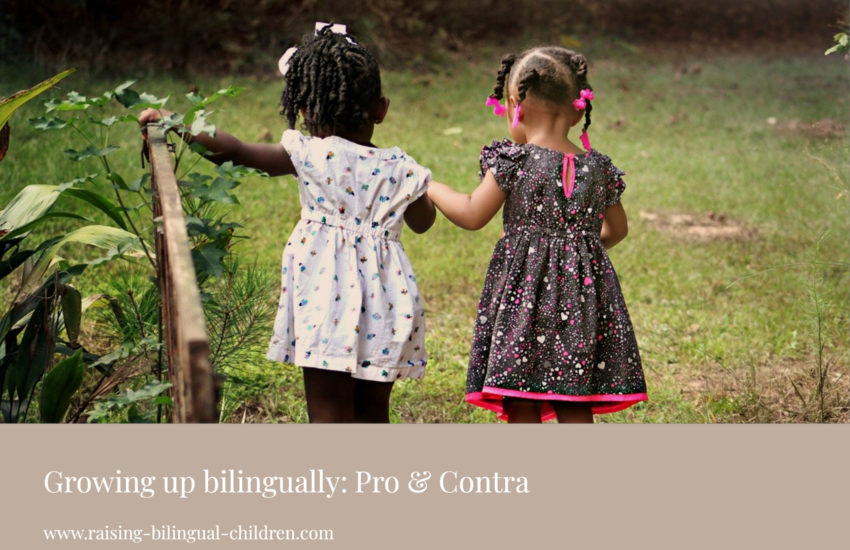“Growing up bilingually: Pro & Contra” is an article by Dr. Ekaterina Kudrjavceva, which can be found in Russian under www.bilingual-online.net. and a German version can be seen here (bilingual_aufwachsen).
The author divides her essay into different sections and answers questions such as: What is bilingualism? Who decides which language is the mother tongue of the child? Why is the natural bilingualism getting so much attention in all its forms? What currently hampers the dissemination of natural bilingualism?
We found the various recommendations in the article interesting for parents and educators – they can be summarized as follows:
Recommendations for parents:
• The cornerstone of multilingualism is laid in the family.
• Parents should spend a lot of time with the kids.
• The best way should be to speak the weak language at home.
• Parents should pay attention to the correctness of one’s own language.
• One should not be ashamed to speak one’s own language.
• The 1 and 1 rules (a language per person) should be observed.
• Parents must make sure that the quantitative time of language use is balanced.
• Parents should motivate the children and not forcing them.
• Do not mix languages.
• Parents should train the language change and the behavior change in the different culture with the children.
• The multilingual education should be performed through communication and correction.
• Each language should be learned in the context of the relevant culture.
• Parents of young children can try to collaborate with educators and participate in the education of the children.
Recommendations for educators:
• Educators must encourage the families of children with a migrant background to promote the preservation and acquisition of the second mother tongue (the weak languages).
• Educators need to understand that both languages (strong and weak) play an important role in the development of communicative, cognitive and linguistic abilities of the child.
• The immersion method is recommended for children up to the age of 6 years, i.e. to communicate in both languages and to have an emotional-object-based communication.
• The motivation for language learning is best achieved if children know the objectives of the forthcoming activity or action.
• It is also important that the children can see the positive effects of their abilities in a multilingual group.
• The most important task of the bilingual pre-school education is to be an example of clean – not mixed – use of languages and to teach the correct use of language to children.
• The rote learning songs and phrases expands the vocabulary and practice the correct pronunciation and intonation.

